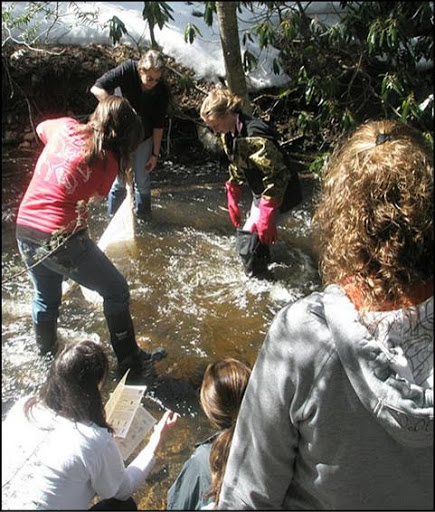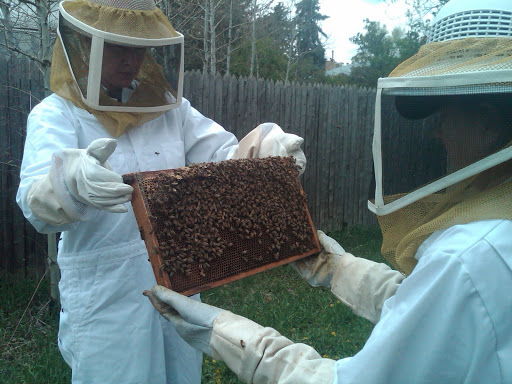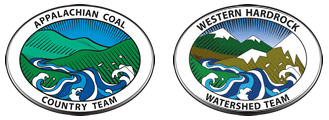Based on the work of
Appalachia—Science in the Public Interest
Eastern Kentucky
Appalachia—Science in the Public Interest (ASPI) has implemented service-learning projects that benefit both their organization and participating students tremendously. ASPI finds that college students can serve (doing tasks such as litter and stream clean-ups, trail maintenance, gardening) and learn (about local ecology, history, and more) at the same time. For a group of students on an alternative spring break trip, it helps to provide some sort of lodging, showers and meal facilities. A local college can be an excellent source volunteers for day-long trips and projects. To get started, ASPI recommends contacting a college’s student life coordinator, a position that can be found at most colleges.

Tested by
Jefferson Conservation District – Upper South Platte Watershed Association
Eastern Colorado
Jefferson Conservation District (JCD), working with Upper South Platte Watershed Association, partnered with a geography lecturer at the University of Colorado-Denver and a local landowner to create a pilot garden to test best practices and experience the difficulties an urban farmer might encounter. Through a test garden in the City of Wheat Ridge, JCD wanted to improve understanding of watering techniques, city zoning regulations, city permitting and the process of selling produce. The information gathered during this test garden project would be used to create a comprehensive urban agriculture resources toolkit of information made available for community use. This pilot plot included fruit trees, bee hives and vegetable plots with differing irrigation systems. Three students from two different universities worked on three service-learning projects: Understanding zone code regulations and how they relate to urban agricultural activities, assessing the potential for economic efficiency among small-scale home growers and producers, and learning about beekeeping. When all three projects were underway, the students worked between 5-10 hours a week and did not receive university credit for their work. UC-Denver and Colorado College, like many universities, require payment for credit hours. Neither JCD nor the students had the funds. The organization also hopes that this project laid the groundwork for other service-learning projects and volunteers in the future.
Tested by
Headwaters, Inc.
Southeast Kentucky
Headwaters, Inc. had several important labor-intensive projects—such as extensive water sampling events, a point source pollution survey and the establishment of a water-testing lab. Having college students participate in service-learning projects was one way to both make progress on these projects and provide students with an important opportunity to learn about relevant local issues. Headwaters reached out to contacts at various universities to bring students on alternative spring break trips. As Headwaters made contact with universities, it became clear that this was a long-term project. Developing relationships within educational bureaucracies takes time. Though it seemed unlikely that any actual projects would be completed in the first year, they were laying the groundwork for future service-learning projects. They feel that it has the possibility of being successful, but were not able to hold a successful weeklong service-learning project. They learned that these projects require planning at least six months in advance in order to secure all factors and partners involved. They also discovered that many groups are already committed to other service-learning projects and programs and are unable to make new commitments. Headwaters plans to continue working on getting an annual service-learning project established. Due to difficulties in planning a weeklong project, they plan to begin with day trips and projects in order to build up their capacity to host longer projects in the future.

“Although the students are still learning, the fact that they cannot get school credit for their work makes the project much less appealing. There were several students interested in working with us who, upon discovering they would not get credit for their work unless they paid, decided to work elsewhere.”
-Jefferson Conservation District-Upper South Platte Watershed Association
